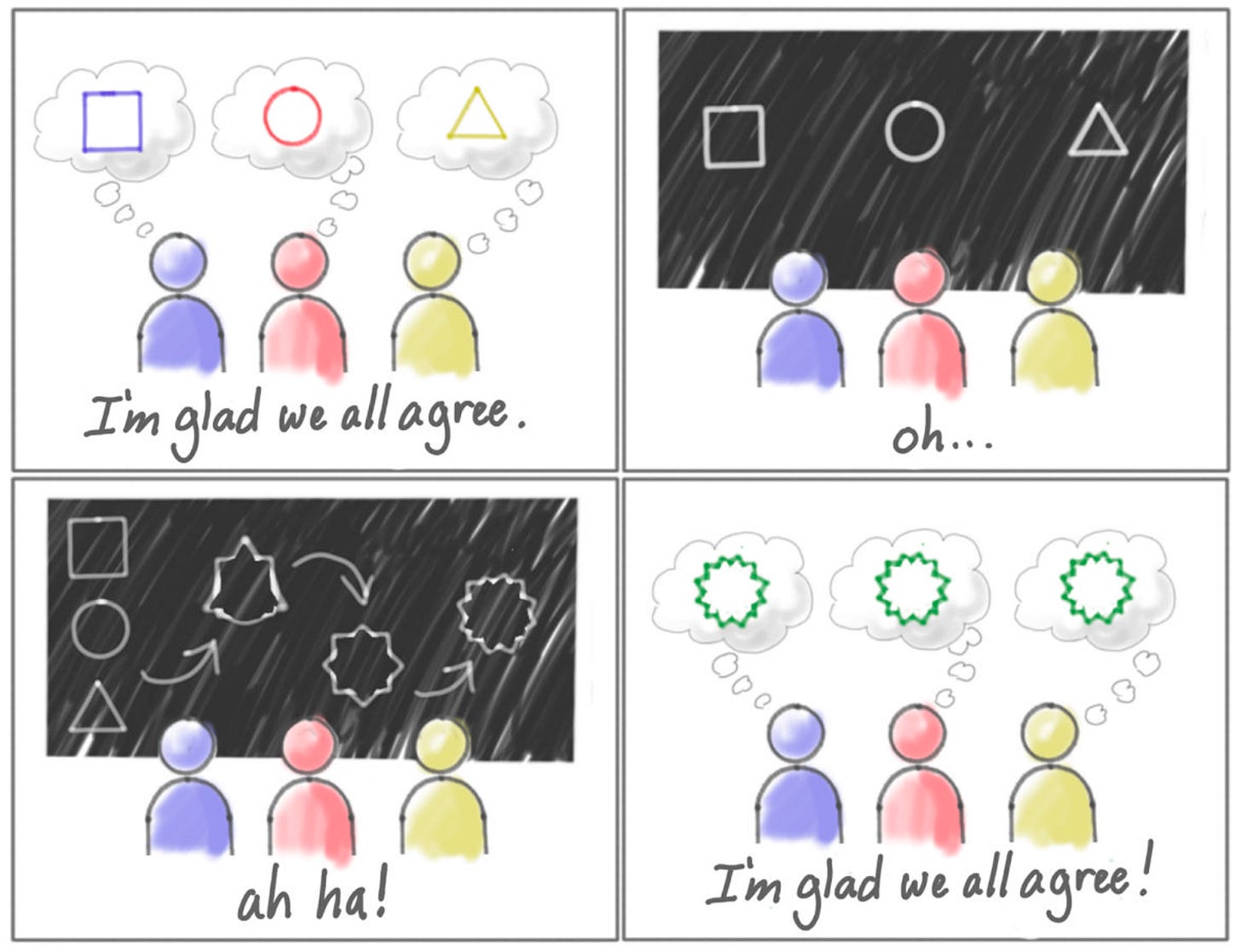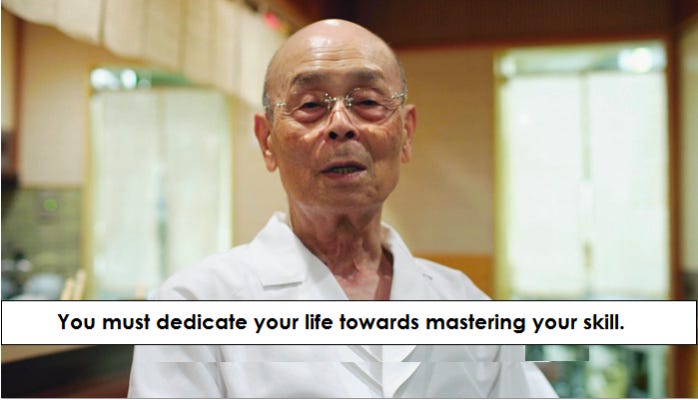A few years ago, I created a mission statement for my life being inspired by Steven Covey. It took me many weeks to craft one for myself and I still revisit it occasionally and make little tweaks to it as I continuously evolve as a person in my life’s journey.
According to Steven Covey, Mission Statements define the purpose of our life and provides direction to that purpose. During moments of despair and disillusionment in life, your mission statement acts as a guiding light to help you pick the right choices. Your mission statement becomes your inner constitution.
Why do we need a product leadership philosophy?
I want to answer this by sharing what William Ervine, author of the very popular “A Guide to the Good Life” said about the same question with regards to life:
“The most important reason for adopting a philosophy of life, though, is that if we lack one, there is a danger that we will mislive — that we will spend our lives pursuing goals that aren’t worth attaining or will pursue worthwhile goals in a foolish manner and will therefore fail to attain them. Whatever philosophy of life a person ends up adopting, she will probably have a better life than if she tries to live — as many people do — without a coherent philosophy of life.
Author and angel investor Tim Ferris refers to philosophy as the ideal “personal operating system”.
How does this map to our philosophies towards building products? What core beliefs, and values do you hold dear that defines you as a product leader? Writing it down for yourself serves as your inner constitution that you can always go back to when caught up in the whirlwind and disillusionment of organisational chaos. It becomes the criterion by which you measure everything else at work. Your written product philosophy becomes a solid expression of your vision and values. It acts as your north star.
My Product Leadership Philosophy
I would like to write my philosophy in a style inspired by the lyrics of Frankie Laine, in his song, I Believe.
On Building Products
I believe in building products that make the world a better place. I use Nir Eyal’s Manipulation Matrix to stay the course.
I believe that your product is not “the product”. Your business model is “the product”. — Inspired by Ash Maurya.
Closely related to this is also the concept of Whole Product Model that I am keenly focussed about, which increases possibility of mainstream market success.
I believe in being revenue-driven with my product decisions. I believe revenues are the truest validation of delivering value to your customers. When a customer parts away his money to buy your product, you know you have delivered real value.
I believe in building for outcomes, not outputs. I don’t measure success with the number of features shipped but the extent of impact it has had on customers.
I believe in striving for building less, and yet delivering more impact. For this, I need to learn to be ruthless in prioritization.
I believe launching products or features is not success. I would never celebrate a product launch. Success is when customers validate its value through positive feedback.
I strongly believe in the Lean Startup and Agile principles of product development.
On Customer Immersion
I begin all my decisions with genuine care for my customers.
I believe that I am first and foremost a customer advocate. I strive to provide value to my customers with what I build for them.
I believe that I must strive to understand my customers better than anyone else in my organization.
I believe in building products in collaboration with customers as close development partners. I follow Steve Blank’s Customer Developmentprinciples.
I believe in investing atleast 20% of my time with customers if not more. 80% of the value I bring to work comes from the investment of this 20% of my time.
On Being Data and Metric Driven
I believe in setting up a clear definition of success for products and features.
I believe in being data-aware instead of being data-driven.
On the Nature of my Role
I believe my primary identity is of being a value creator for my product. I strive to make my product more valuable to the market than it currently is.
I believe in investing in product discovery efforts than anything else. Product development and implementation though is very important, comes only next to right product discovery.
I believe I am responsible for simplifying complex information and building shared understanding for the teams.
I believe communication both written and verbal are important elements of my role and I must continuously strive to improve upon it.
Collaborative mindset: I embrace the cross-functional nature of building products and reject siloed mindset. Rather than product manager decides, the designer decides and the engineer codes, I embrace a model where we make team decisions while leveraging the expertise and knowledge of functional experts.
On Structures and Alignment
I believe in striving for alignment from vision to execution for my products. This includes mastering stakeholder communication and reviews.
On Leading People
I believe in servant leadership: my goal is to serve my team, my organization and my customers.
As a leader, my superpowers are simple: authenticity, honesty and transparency.
My foremost job is to make everyone else better. Everything else is secondary.
I believe in providing clarity around the ‘why’ and ‘what’ and then letting my team members do what they do best.
I believe in high autonomy and high alignment:
On Attitudes and Mindset
I believe in inculcating a mindset of deep empathy for my customers.
I believe in loving the problem and not the solution. And that is why I am a big believer of the Jobs to be Done framework.
I believe in mistrusting my opinions and building tentatively by identifying and testing right hypothesis through experiments.
I believe in staying humble and always be prepared to be proven wrong with my decisions.
I believe in being conscious of not falling into the trap of confirmation bias. The default position is to find evidence for invalidating my own assumptions and hypothesis.
I believe in practicing 10X moonshot thinking. Product managers need to be bold visionaries. I do not want to limit myself to features and functions but stretch my imagination to a big, hairy audacious future. — Inspired by Ken Norton
I believe in inculcating a Craftsman mindset in product management. I dedicate my life towards mastering my PM skills.
I believe as a product leader, I should be the best at getting better.






